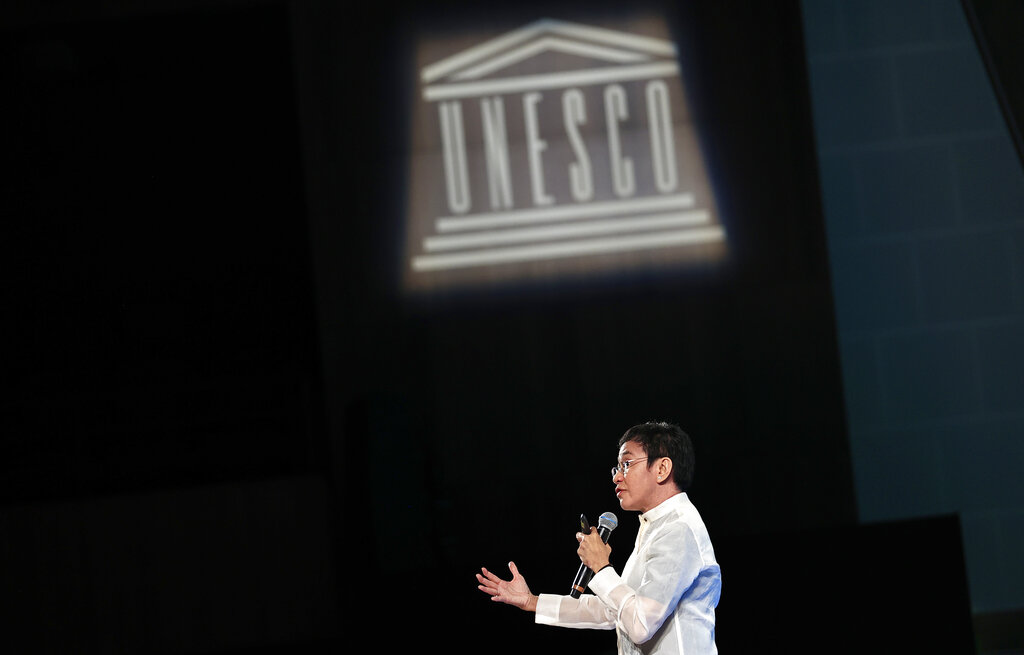
A UNITED Nations (UN) rapporteur on Monday asked the Supreme Court’s (SC) permission to intervene in the pending appeal of Rappler CEO and Nobel laureate Maria Ressa to overturn her conviction for cyber libel.
UN Special Rapporteur on Freedom of Expression Irene Khan filed the motion through her counsel in the Philippines, Atty. Rodel Taton, dean of San Sebastian College-Recoletos Graduate School of Law.
Taton said Khan is seeking to be tapped in Ressa’s petition as an “amicus curiae” or “friend of the court” and be allowed to intervene as an expert.
“We wish that this tradition by the Supreme Court will also consider the best interests of substantial justice,” Taton added.
It can be recalled that in July 2022, the Court of Appeals upheld the ruling of the Regional Trial Court (RTC) of Manila City, which found Ressa and Rappler former reporter Reynaldo Santos Jr. liable for cyber libel.
The trial court also sentenced Ressa and Santos to up to six years in jail and directed them to jointly pay complainant-businessman Wilfredo Keng the amount of P400,000 as moral and exemplary damages.
In October 2020, the CA affirmed its decision, prompting the respondents to elevate the issue before the SC.
The case stemmed from an article written by Santos in May 2012 claiming that Keng allegedly lent his sports utility vehicle to then Chief Justice Renato Corona.
Apart from this, the story also cited an intelligence report that said Keng had been under surveillance by the National Security Council for alleged involvement in human trafficking and drug smuggling.
Keng has denied all the allegations and decided to file a complaint with the National Bureau of Investigation (NBI) Cybercrime Division in October 2017, which eventually led to the filing of the case before the court.
“Khan as an expert appointed by the United Nation as Human Rights Council has been accorded with certain privileges and immunities and is tasked to gather all relevant information regarding violations of the right to freedom of opinion, expression, and make recommendations and provide suggestions on ways to better promote and protect the aforementioned right,” the brief said.
“Her amicus curiae brief will provide the Court with the international and regional legal standards as they apply to freedom of expression, especially regarding its application to the law of defamation,” it added.
The briefer also said Khan is concerned that the law in the Philippines fails to adequately protect the rights to freedom of expression under Article 19 of the International Covenant on Civil and Political Rights (ICCPR), to which the Philippines is a party.
“In particular, the Cybercrime Prevention Act raises serious concerns that it limits the ability of journalists to expose, document and address issues of important public interest, thereby violating the right to receive and impart information,” it added.
